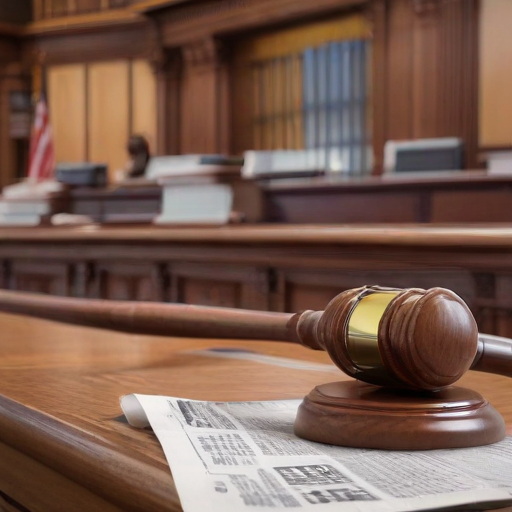The Illinois State Supreme Court has overturned Jussie Smollett’s conviction related to his false claims of a hate crime in Streeterville. This decision, made public on Thursday, stems from a violation of due process, as the court ruled that he should not have faced trial after reaching an agreement with prosecutors that involved dropping charges in exchange for a financial penalty and community service.
In a unanimous 5-0 ruling, the court determined that the prior agreement made with Cook County State’s Attorney Kim Foxx to dismiss Smollett’s charges should have been honored. The court emphasized that failing to uphold such agreements undermines trust in the judicial system.
In 2019, Smollett was accused of staging an attack against himself and was initially charged with felony disorderly conduct. However, the state’s attorney’s office ultimately decided to drop those charges, which led to criticism and calls for further investigation. A special prosecutor was later appointed, ultimately leading to Smollett’s conviction in 2021.
Following the Illinois Supreme Court’s decision, Smollett’s attorney heralded the ruling as a validation of their long-held belief that the case was flawed and underscored the importance of equitable treatment in the criminal justice system. Smollett’s legal team maintained that he had met the conditions of his original agreement, and the ruling clears his criminal record.
Special Prosecutor Dan Webb expressed disappointment, stating that the ruling contradicted established legal precedents and did not reflect the evidence that supported Smollett’s previous conviction. He reiterated that while the court found proceedings to be unfair, it did not lead to any conclusions about Smollett’s innocence.
Despite the legal outcomes, the civil case brought against Smollett by the city of Chicago for reimbursement of investigation costs remains unsettled.
This ruling could be seen as a pivotal moment in the legal discussions surrounding prosecutorial authority and the extent to which agreements made by state attorneys must be upheld. It highlights the delicate balance between the public’s interest in prosecuting crimes and the need to safeguard the rights of individuals involved in the legal process.
In summary, while Jussie Smollett’s legal troubles may not be entirely over due to civil actions pending, the Illinois Supreme Court’s decision offers a fresh perspective on the intricacies of legal agreements and serves to reinforce the principle that justice must be delivered fairly. The ruling reflects a hope for greater accountability and adherence to due process in the judicial system, which might rejuvenate trust among the public in legal proceedings.
